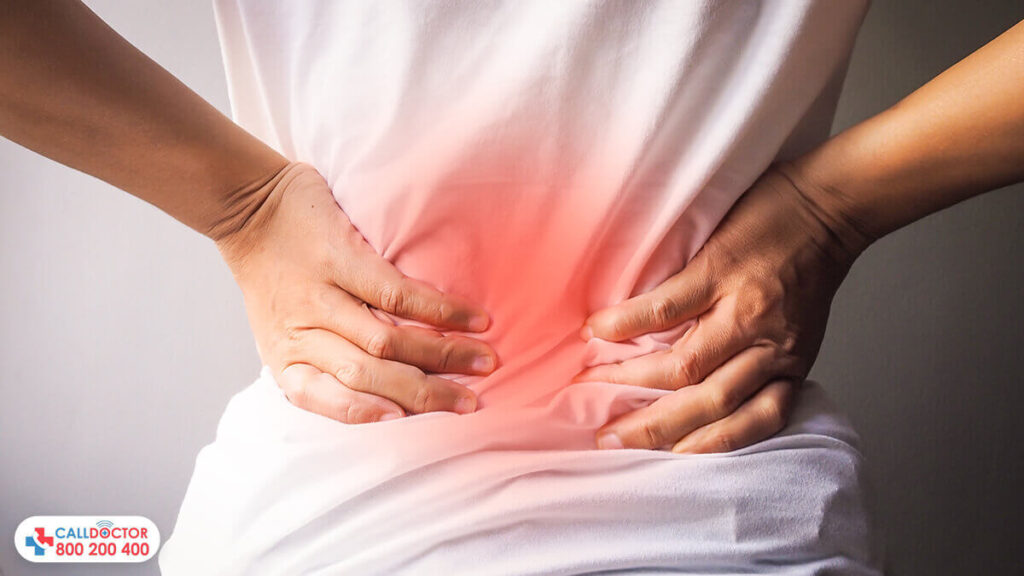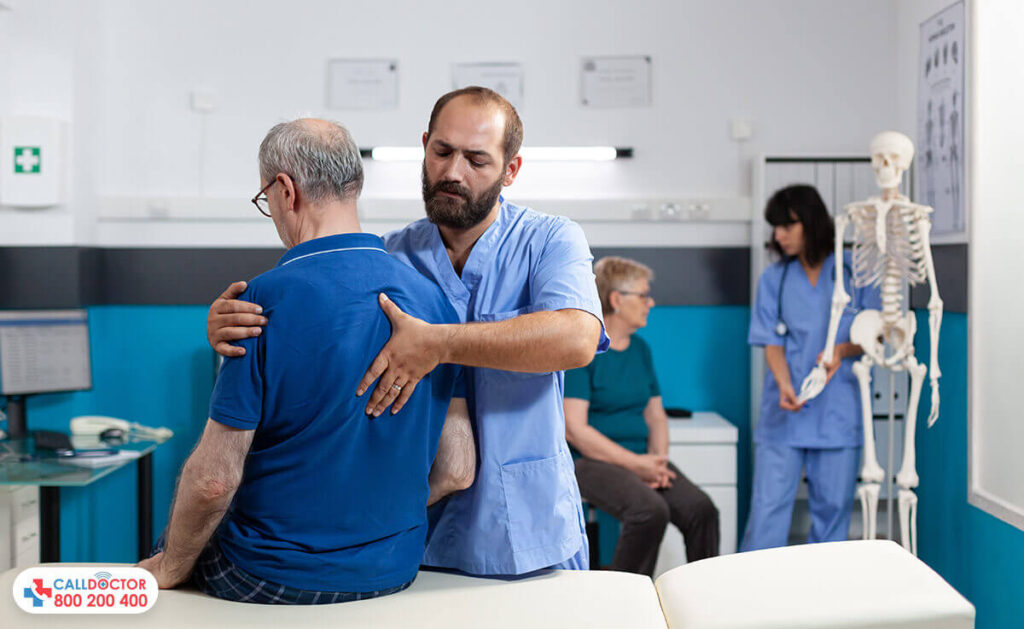Chronic pain in the body is a debilitating condition affecting millions worldwide. In Dubai, the prevalence of chronic pain is a matter of concern. Despite the availability of advanced healthcare facilities, many residents still struggle with chronic body pain. This blog will explore the prevalence of chronic pain in Dubai, its causes, and available treatment options.
There are many reasons for chronic body pain, including nerve injury, fibromyalgia, and arthritis. Moreover, chronic pain can significantly impact the quality of life, resulting in physical and emotional misery, incapacity, and social isolation.
Prevalence of Chronic Pain in Dubai
According to the Dubai Health Authority (DHA), chronic pain affects approximately 30% of the population in Dubai. It includes lower back pain, arthritis, and neuropathic pain. The DHA has established pain management clinics and programs to address this issue and improve the quality of life for chronic pain patients. Meanwhile, according to Arab Health survey in 2020, the prevalence of back pain in UAE (United Arab Emirates) residents tops 60%.

Causes of Chronic Pain in Dubai
Chronic body pain can be caused by numerous factors, including lifestyle, genetics, and underlying medical conditions. In Dubai, the following factors contribute to the high prevalence of chronic pain:
Sedentary Lifestyle
Dubai’s fast-paced lifestyle and the abundance of desk jobs have led to a sedentary lifestyle for many residents. This lack of physical movement or activity can lead to muscle weakness, poor posture, and back pain.
Obesity
It is one of the most significant risk factors for chronic pain. Dubai has a high prevalence of obesity, with an estimated 41.3% and 20.8% of the population being overweight or obese, respectively. It puts individuals at risk of developing conditions such as osteoarthritis, which can cause chronic pain.
Traffic Congestion
Dubai’s traffic congestion is notorious, and residents spend momentous time sitting in their cars. It can lead to muscle tension, poor circulation, and back pain.
Stress
Dubai’s fast-paced lifestyle can be stressful, leading to tension headaches and muscle pain.
Treatment Options for Chronic Pain in Dubai
Several treatment options are available for chronic pain in Dubai, depending on the underlying cause and severity. These include:
Medications
Nonsteroidal anti-inflammatory medicines (NSAIDs) and opioid painkillers, for example, can temporarily reduce chronic pain. Due to their possible adverse effects, they should only be taken under medical supervision.
Physical Exercise
Physical therapy can help muscles become more robust, improve posture, and reduce discomfort. Under the supervision of a qualified therapist, it entails performing exercises, stretches, and manual therapy procedures.
Surgery
Surgery may be required in severe circumstances to address persistent pain.
Acupuncture
Acupuncture is an effective treatment that stimulates the body’s natural healing processes and alleviates pain.
Understanding the Benefits
Muscular pain can be a significant inconvenience for people. It can make it challenging to perform daily activities, reduce productivity and impact the overall quality of life. While acute muscular pain usually goes away with rest, chronic pain can last for weeks, months, or even years. Physiotherapy is an effective treatment option for chronic muscular pain, offering a range of benefits that can help reduce pain, improve function, and enhance overall well-being.
Chronic muscular pain refers to pain that persists for more than three months. Numerous factors, including injury, overuse, poor posture, or medical conditions such as fibromyalgia or arthritis, can cause it. Chronic pain can occur in any body part, including the neck, upper lower back, shoulders, hips, knees, and feet. It can be mild or severe and significantly affect an individual’s quality of life.

How does physiotherapy help with chronic muscular pain?
Physiotherapy is a non-invasive, drug-free treatment option for chronic muscular pain. It involves using various physical techniques, such as manual therapy, exercise, and modalities like ultrasound and electrical stimulation help in reducing pain and improves function. Physiotherapists in Dubai work with patients to develop personalized treatment plans that target specific areas of pain or dysfunction. These plans may involve combining techniques designed to help patients achieve their goals.
Standard physiotherapy techniques for chronic muscular pain
Several physiotherapy techniques can be effective in treating chronic muscular pain. Some of the most common treatments include:
Manual therapy
Manual therapy involves using hands-on techniques to mobilize, manipulate, and massage soft tissues and joints. It can help decrease pain, improve range of motion, and promote healing. Manual therapy techniques include:
- Soft tissue mobilization
- Joint mobilization
- Massage
Stretching and strengthening exercises
Stretching and strengthening exercises are an essential part of any physiotherapy treatment plan. They can help improve flexibility, reduce muscle tension, and build strength and endurance. Physiotherapists may recommend specific exercises or develop a customized program tailored to each patient’s needs.
Ultrasound therapy
Ultrasound therapy uses high-frequency sound waves to promote healing and reduce pain. Moreover, it can help increase blood flow, reduce inflammation, and promote tissue repair as it is a non-invasive, pain-free technique that can effectively treat chronic muscular pain.
Physiotherapy for Chronic Pain in Dubai
Chronic pain is prevalent in Dubai, affecting a sizable portion of the population. The causes of chronic pain in Dubai are diverse, with lifestyle factors playing a significant role. Fortunately, several treatment options are available for chronic pain, ranging from medications to surgery. If you are experiencing chronic pain, it is essential to consult our healthcare providers or physiotherapists and develop an appropriate treatment plan.




